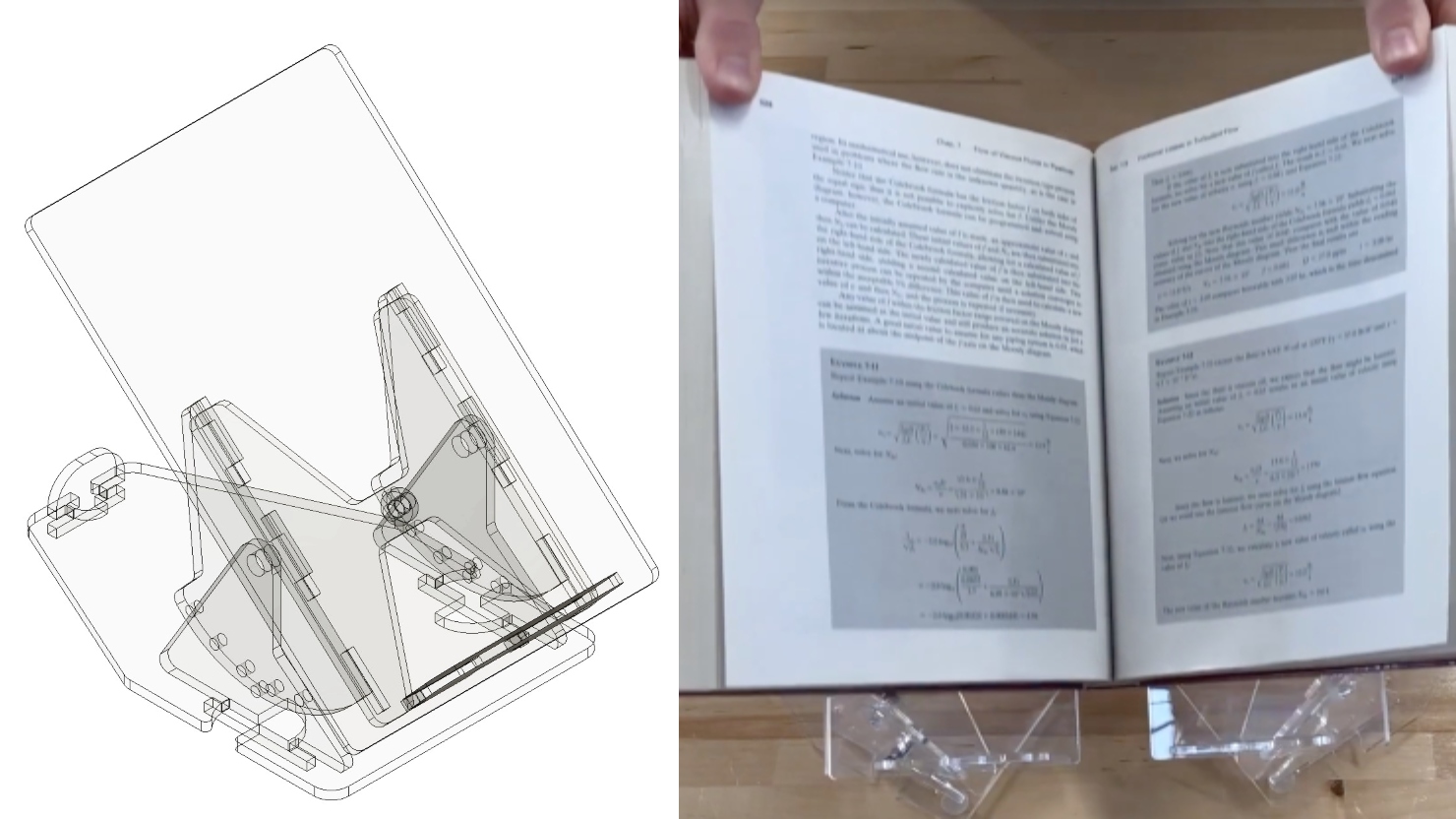
‘Embrace the Ditch,’ and Other Lessons Learned in Duke CEE’s Overture Engineering
Civil and environmental engineering students learn to design buildings within less-than-optimal parameters in a collaborative capstone course
We’re sorry, but that page was not found or has been archived. Please check the spelling of the page address or use the site search.
Still can’t find what you’re looking for? Contact our web team »
Read stories of how we’re teaching students to develop resilience, or check out all our recent news.

Civil and environmental engineering students learn to design buildings within less-than-optimal parameters in a collaborative capstone course

On a Star Wars-themed field of play, student teams deployed small robots they had constructed

Two projects from First-Year Design course are patent-pending. Student surveys suggest the course also fosters teamwork, leadership and communication skills.
Jan 20
The Protected Research Compute Cluster (PRCC) is a high-performance, secure computing environment designed for projects involving protected health information (PHI) and other sensitive data. The PRCC is part of the […]
4:00 pm – 4:00 pm Virtual
Jan 21
Jan 21
Annual gathering of Pratt PhD Sloan Scholars with Dean Jerome Lynch and Associate Dean for Doctoral Education, Joel Collier. REGISTRATION REQUIRED
12:00 pm – 12:00 pm Teer 304